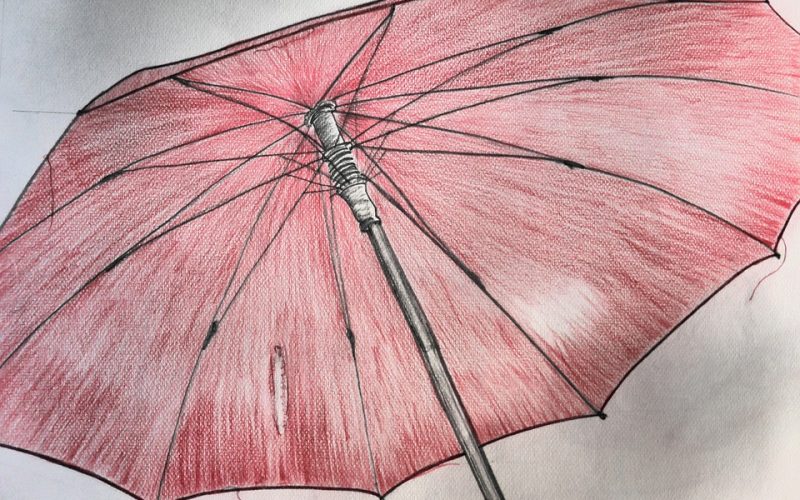Art has long been a window into the past, offering us a glimpse of the lives, cultures, and societies of those who came before us. It provides invaluable insights into the history of a country or civilisation, acting as both a reflection of its time and a narrative of its evolution. Through art, we can unravel the stories and experiences that have shaped societies across the ages, preserving heritage and identity for future generations.
The role of art as a historical record
Art serves as a significant historical record, capturing moments in time that written documents often overlook. While historical texts provide facts and figures, art brings history to life with its vivid depiction of events, individuals, and daily life. For instance, the cave paintings in Lascaux, France, not only illustrate the animals prevalent during the Paleolithic era but also hint at early human social structures and beliefs. Such visual records are crucial for historians and archaeologists seeking to piece together the puzzles of ancient civilisations.
Art as a reflection of cultural values
Every brushstroke or chisel mark reveals something about the culture from which it originated. Art reflects the values, beliefs, and ideologies of a civilisation, offering insights into its spiritual and philosophical outlooks. The grandeur of the Egyptian pyramids and the intricate hieroglyphs etched into their walls speak volumes about the Egyptians' beliefs in the afterlife and the divine right of pharaohs. Similarly, the delicate beauty of Japanese ukiyo-e prints tells us about Edo-period Japan's aesthetic preferences and societal norms.
The evolution of artistic styles
The evolution of artistic styles over time mirrors the shifts in societal structures and philosophies. The transition from the rigid, hierarchical forms of medieval art to the more naturalistic and human-centred focus of the Renaissance reflects the broader changes occurring in European society at the time. It was a period marked by a renewed interest in humanism and classical antiquity, indicative of the evolving perception of human potential and the world's complexity. By studying these shifts in artistic expression, we gain insights into the ideological transformations that have shaped civilisations.
Art as a tool for political and social commentary
Art has frequently been utilised as a medium for political and social commentary, providing a platform for artists to voice dissent or support for prevalent ideas. The works of Francisco Goya, for instance, vividly capture the horrors and tragedies of war, challenging the romanticised portrayals common in his time. Similarly, the Dada movement of the early 20th century arose in response to the perceived societal breakdown during World War I, using absurdity and abstraction to critique contemporary politics and culture. These artworks serve as powerful reminders of the social and political climates that fostered them.
Preserving heritage through art
Art plays a crucial role in preserving the heritage and identity of a people. It acts as a tangible link to the past, embodying the unique qualities that distinguish one culture from another. Indigenous Australian rock art, for example, is a testament to the enduring traditions and spiritual beliefs of the Aboriginal people. By studying these artworks, we can trace the lineage of cultural practices and understand the deep connection between a people and their land. In this way, art becomes a vessel for cultural transmission, ensuring that the stories and traditions of a civilisation are passed down through generations.
Art is an indispensable tool for understanding the history of a country or civilisation. It provides a multifaceted perspective on the past, encompassing historical records, cultural values, societal evolution, political commentary, and heritage preservation. Through art, we gain a deeper understanding of the human experience, enabling us to appreciate the complexities and richness of the world's diverse cultures. As we continue to study and celebrate art, we enrich our knowledge of the history that has shaped our present and will undoubtedly influence our future.



















